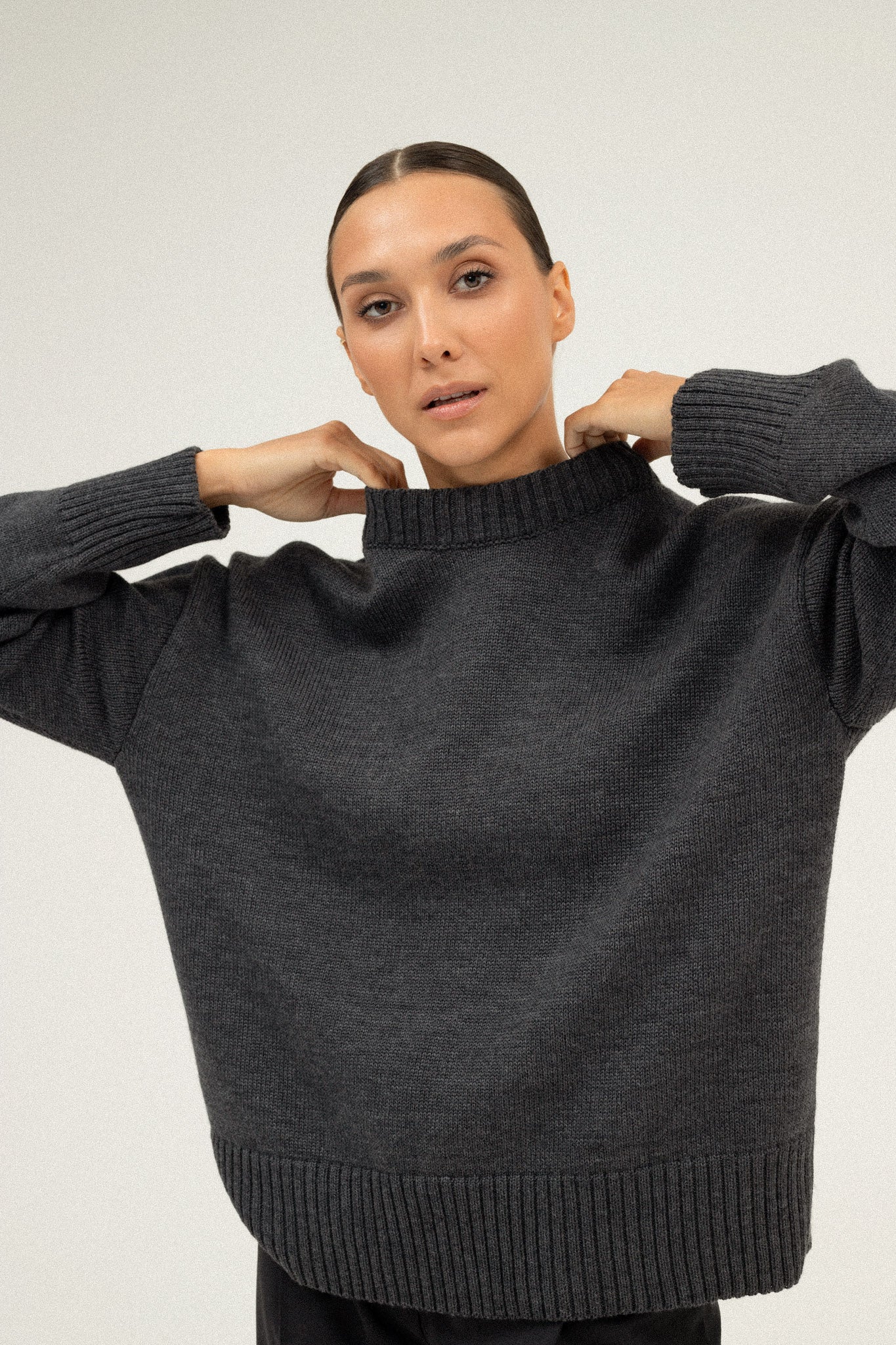Care instructions
LINEN
All our linen clothing are made from 100% natural softened linen which is recognized as the highest quality material. It is an extremely durable and strong fabric that only softens and becomes less wrinkled with each wash. Linen material quickly absorbs moisture, dries quickly, is suitable for people with allergies, has antibacterial and thermo alloying properties - it cools on hot summer days and warms you in the cold season. It's 100 percent ecological, non-polluting, waste-free product. Linen is 5 times more resistant to friction and 3 times stronger than cotton. Linen fabric protects against UV rays. The characteristic wrinkles of linen showcase its authenticity and quality.
-
After the first wash, the fabric may shrink a little (2-5%). After first washing, the fabric no longer shrinks.
-
It is recommended to wash in cool water at 30°C, separately from other laundry, using a detergent that does not contain bleaching components.
-
The washing machine drum shouldn't be overloaded, as linen absorbs a lot of water. It should be washed on a gentle cycle.
-
Linen fabric is best ironed with an iron while it is still damp on the wrong side. This way linen fabric will be protected from shine.
-
Stains on the clothes shouldn't get old, it should be removed as soon as possible, because it will be difficult to remove later.
-
If possible, the clothes should be laid down to dry. It is best to let the linen dry at room temperature (if possible outside, without direct sunlight).
-
It is recommended to store linen clothes in a dry, well-ventilated place.
MERINO WOOL
For our knitwear we use Italian ultra-fine merino wool which is a high-quality, ultra-soft wool sourced from the fleece of merino sheep, known for their fine, delicate fibers. This wool is highly prized for its softness, breathability, and warmth, making it a popular choice for luxury garments and knitwear. Its natural elasticity and moisture-wicking properties add to its appeal, making it comfortable for both warm and cool climates. Additionally, merino fine wool is often sought after for its sustainable and biodegradable nature, making it an eco-friendly option for fashion and textile production.
CASHMERE
For our cashmere-blend knitwear we use Italian cashmere which is a luxurious, soft, and warm wool fiber made from the undercoat of cashmere goats. Known for its fine texture and insulating properties, cashmere is lightweight yet highly effective at retaining warmth. It’s softer and more delicate than many other wools, which makes it comfortable against the skin but also requires gentle care.
It’s typical for cashmere to pill, especially when it's new, as the shorter, softer fibers naturally rub together and form small fuzz balls. This pilling should decrease significantly after a few washes, as the loose fibers work their way out, leaving the stronger, longer fibers intact.
Care guidelines:
- It is suggested to hand wash in cold water or place on a gentle, wool-specific cycle in the washing machine. A mild detergent, ideally one formulated specifically for wool, is recommended, as regular detergents can be overly harsh on the fibers.
- When drying, wool pieces may benefit from being laid flat on a clean towel and reshaped while they dry to help them retain their original form. Avoid wringing or twisting, as this could stretch or damage the fibers. Tumble drying is best avoided, as heat can lead to shrinkage.
- For ironing, a low heat setting is ideal, and placing a damp cloth between the wool and the iron can offer added protection.
- Keeping wool in a cool, dry place away from direct sunlight may help prevent fading.
- Using a fabric shaver or wool comb to remove any pills could help maintain a smooth, neat appearance.
- Since wool and cashmere are naturally odor-resistant, they may not require frequent washing; often, a simple airing out is sufficient.

